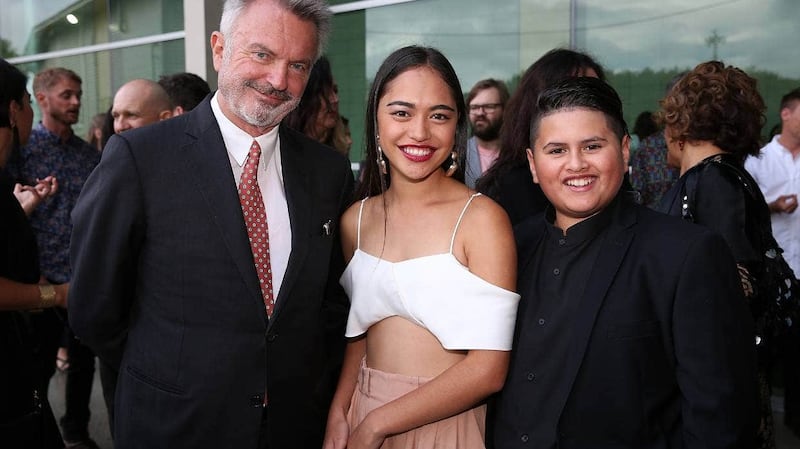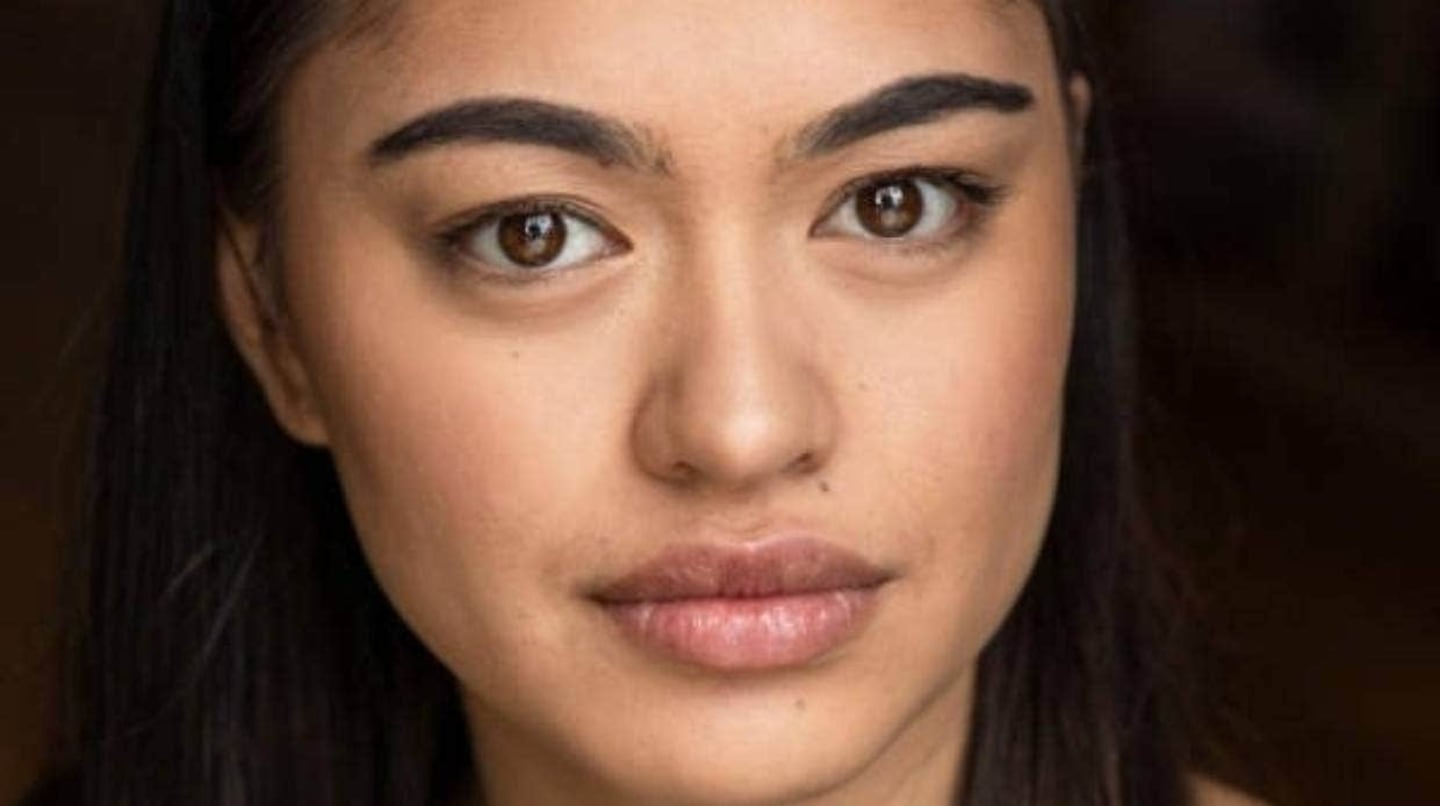It’s been 10 years since her debut as Kahu in Taika Waititi’s Hunt for the Wilderpeople at age 13, and Tioreore Ngatai-Melbourne’s career continues to soar.
This week, Ngatai-Melbourne (Ngāti Porou, Ngai Tūhoe) was named a “Rising Star” at the Toronto International Film Festival. She plays the lead in the new Lee Tamahori film, The Convert, a historical drama which will be released at the festival.
Reflecting on her acting debut, she says that even though she didn’t know it then, “it’s always been my purpose to do it for my whānau and to do it for the generation who didn’t get the same opportunities as me”.
As a wahine Māori, she is proud to play lead character, Rangimai, in The Convert, alongside Australian actor Guy Pearce.
“I feel like she is a representation of some Māori wāhine at a time when Pākehā settlers like Munro [Pearce] were coming to Aotearoa.”
Her list of credits includes roles in Cousins, Whina and in TV series Mystic, We Are Still Here, and Kairākau. Ngatai-Melbourne has also directed a short film, E Rangi Rā, that has travelled to international film festivals.

Over the next few months, she’ll be busy refining the script for her first play, which will debut in a professional reading at the Kōanga Festival this month. The festival showcases 13 new works by emerging Māori and Pacific playwrights.
Ngatai-Melbourne’s play, Tiaho Te Mārama, is about the rebuilding of her East Coast marae, Hinerupe, which burnt to the ground in 1996 in an electrical fire.
“It’s about a community coming together to do anything for their marae and for our hapū, Te Whānau a Hinerupe, and iwi, Ngāti Porou.”
The play explores what Hinerupe was like in the past and present and what it would look like in the future, she says.
She was inspired by the stories her teachers shared at kura, and a large pink book in her family living room that tells the stories of her East Coast hometown Te Araroa and her people.
Ngatai-Melbourne grew up on those stories alongside the rebuilt marae.
“We would be at the marae every week, whether it was for a tangi, a kaupapa or a hui, that’s just our way of living.
“But I never knew what the marae was like before it burnt down, so those were the kinds of kōrero I’ve been having with my hapū back home.”
Returning home to write the play was the only way she knew she could get it off the ground, she says.
With such a busy life, Ngatai-Melbourne appreciates the sense of control that writing and directing gives her.
“With my acting mahi, I see it as fun, challenging and electric and then my writing mahi is grounding – it’s purposeful – and it’s like a medicine.
“Because I am telling the story of my people, it’s grounding and brings me back to Earth.
“Māori are so creative in their own different ways, but there are not many creatives in this industry from home, so I want to try to lead some of our kids into that direction.”
Ngatai-Melbourne looks to her father, who is a tumuaki, and her mother, who is one of the kōpara, kaikaranga on the marae, and her koroua, Te Waaka Melbourne and Hirini Melbourne, for inspiration and creative energy.
“They are the ones who planted this creative fire in me.”
She says her whānau has always been her backbone.
“The only thing that has changed is that I’ve grown up now.”



